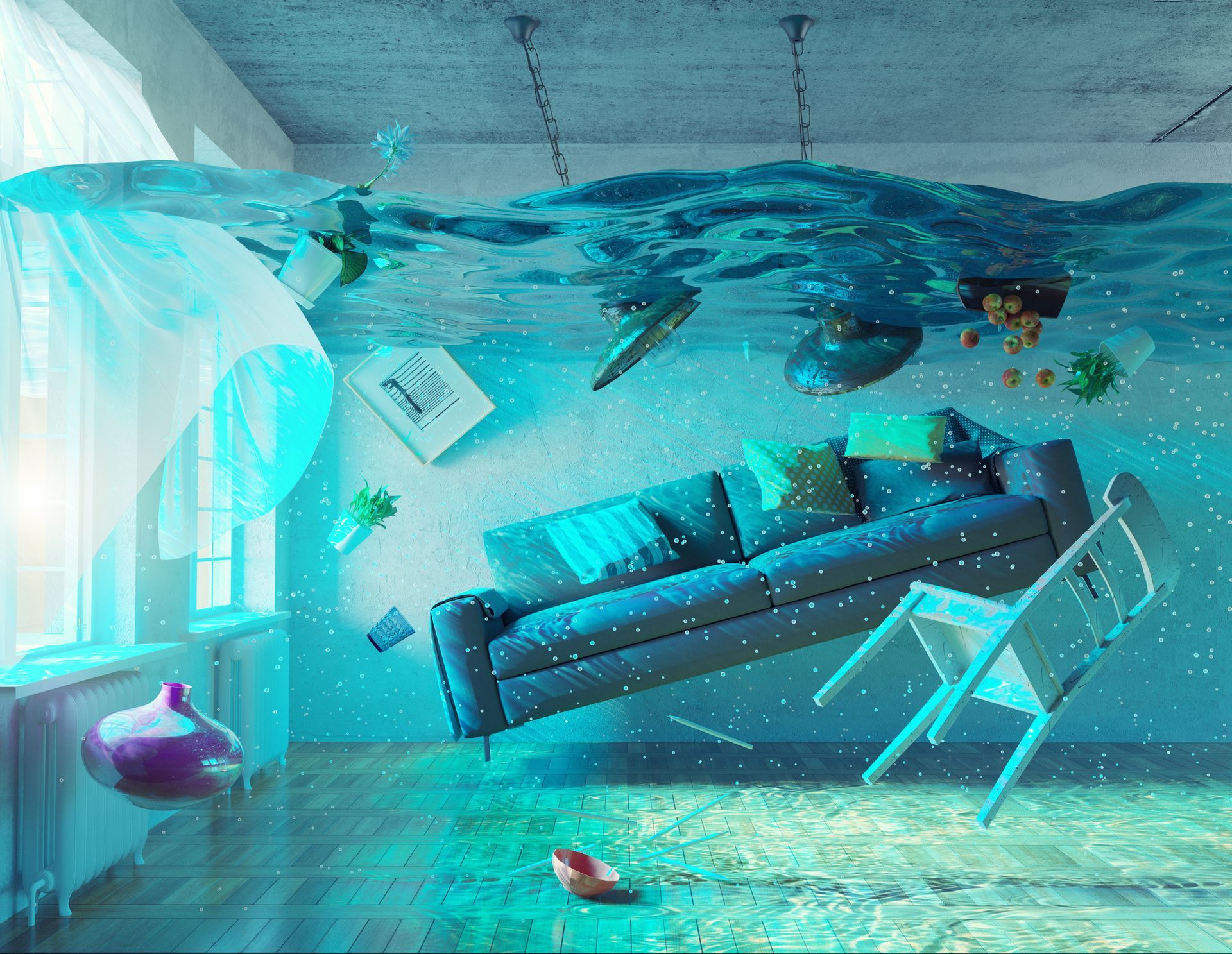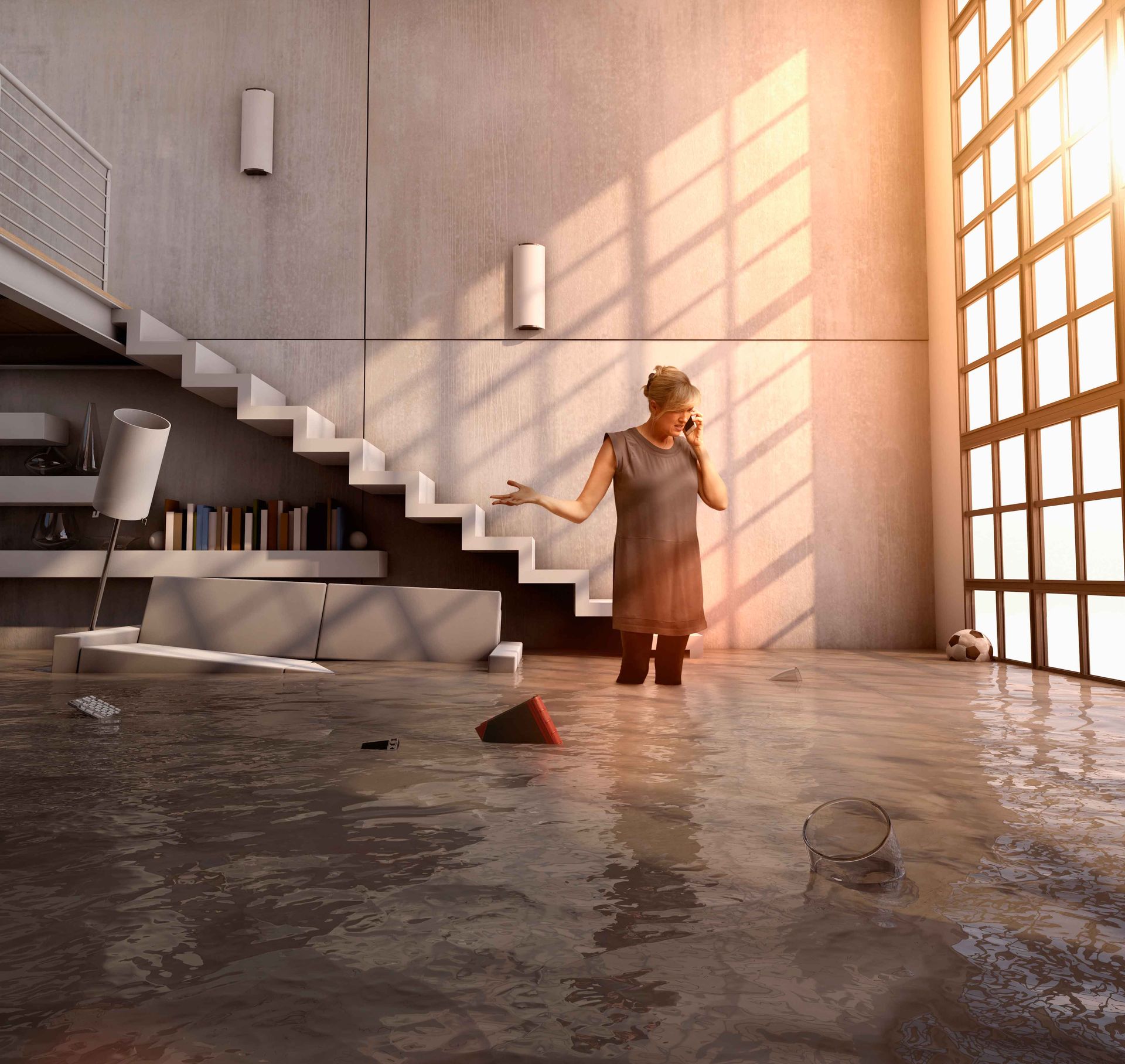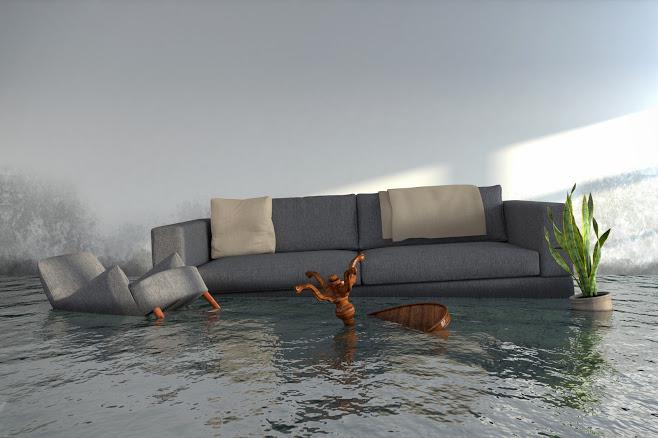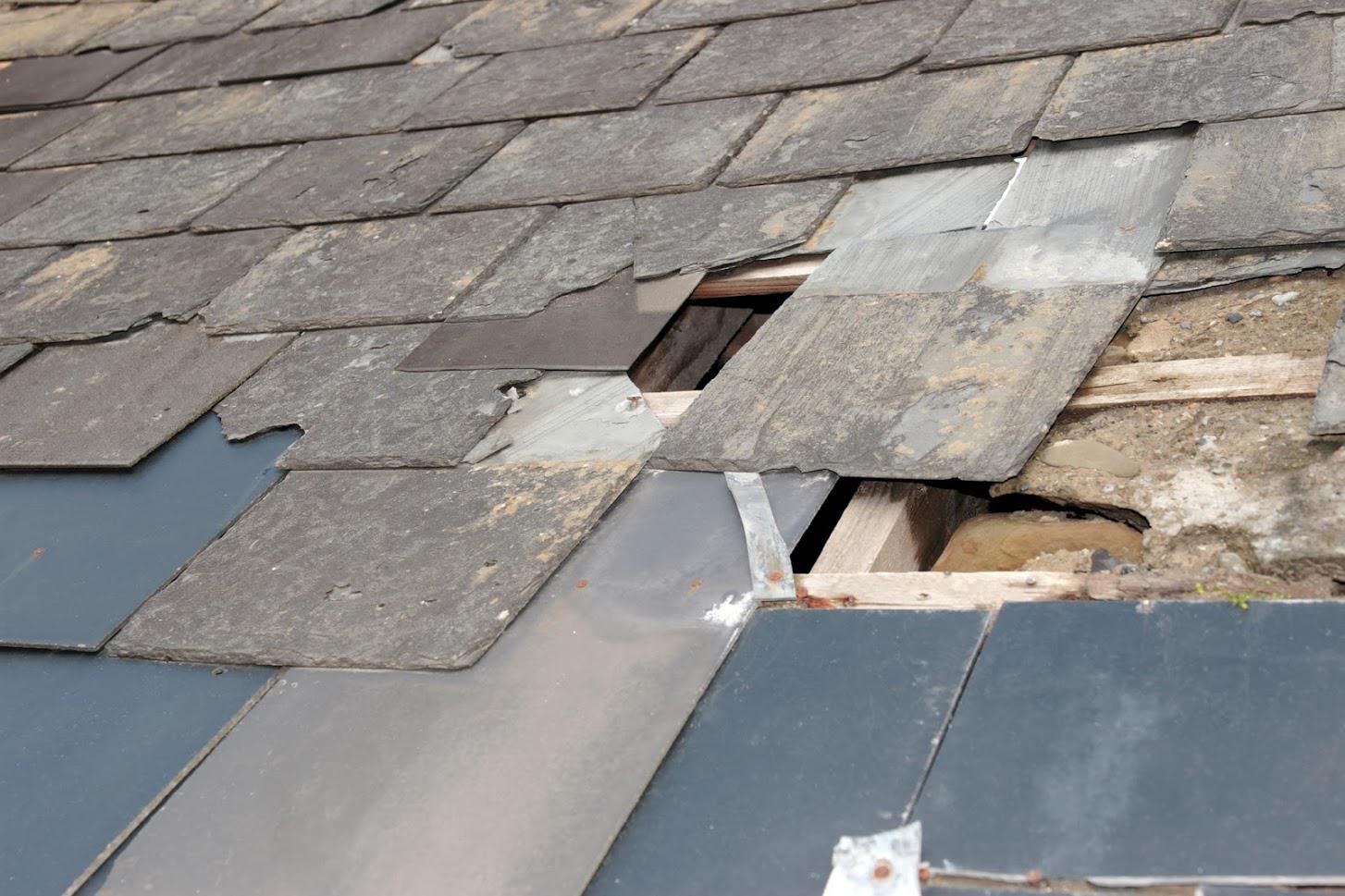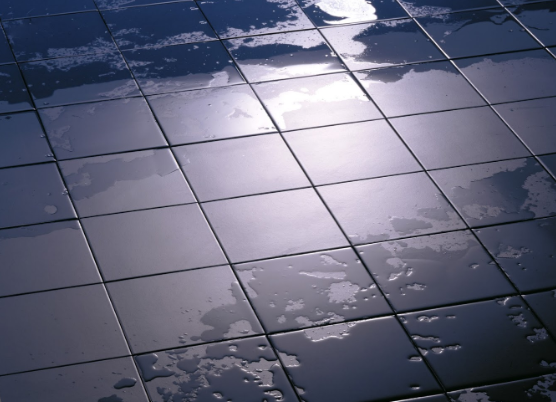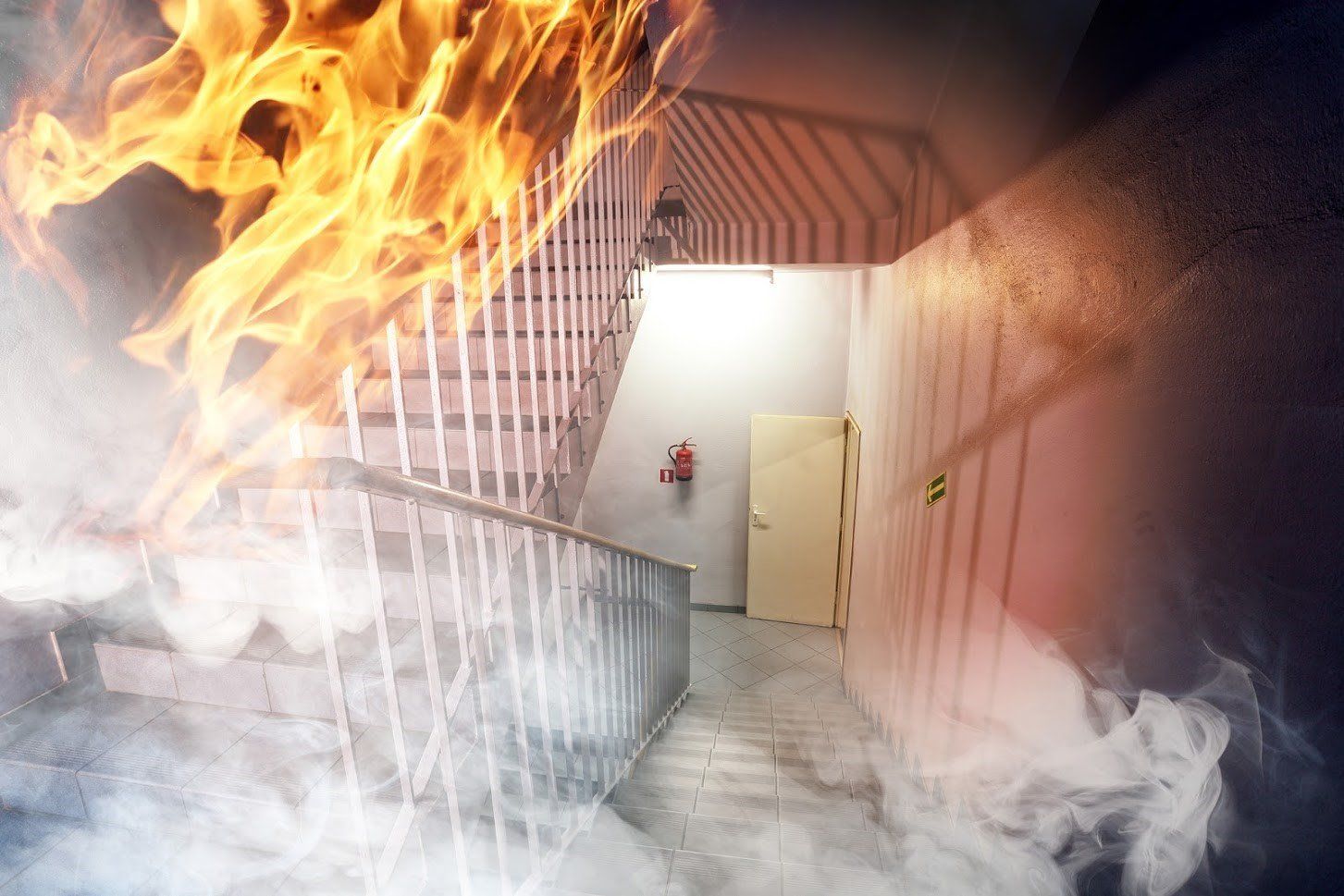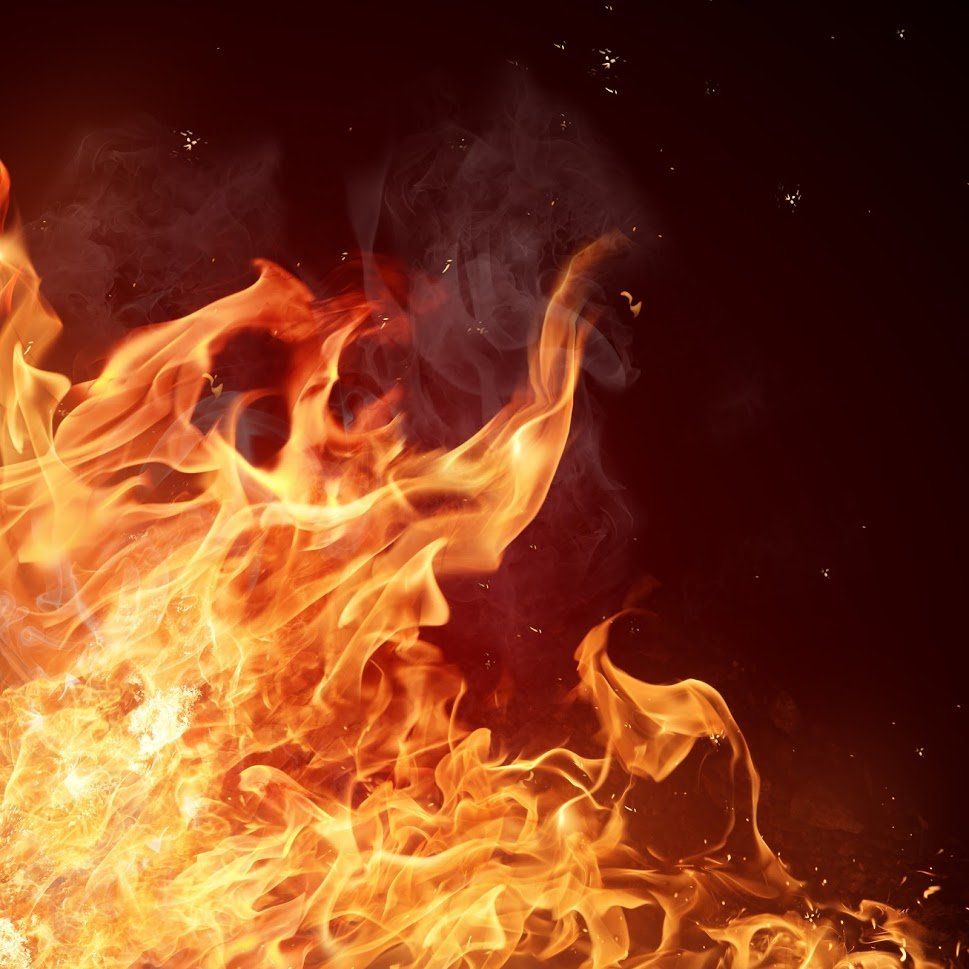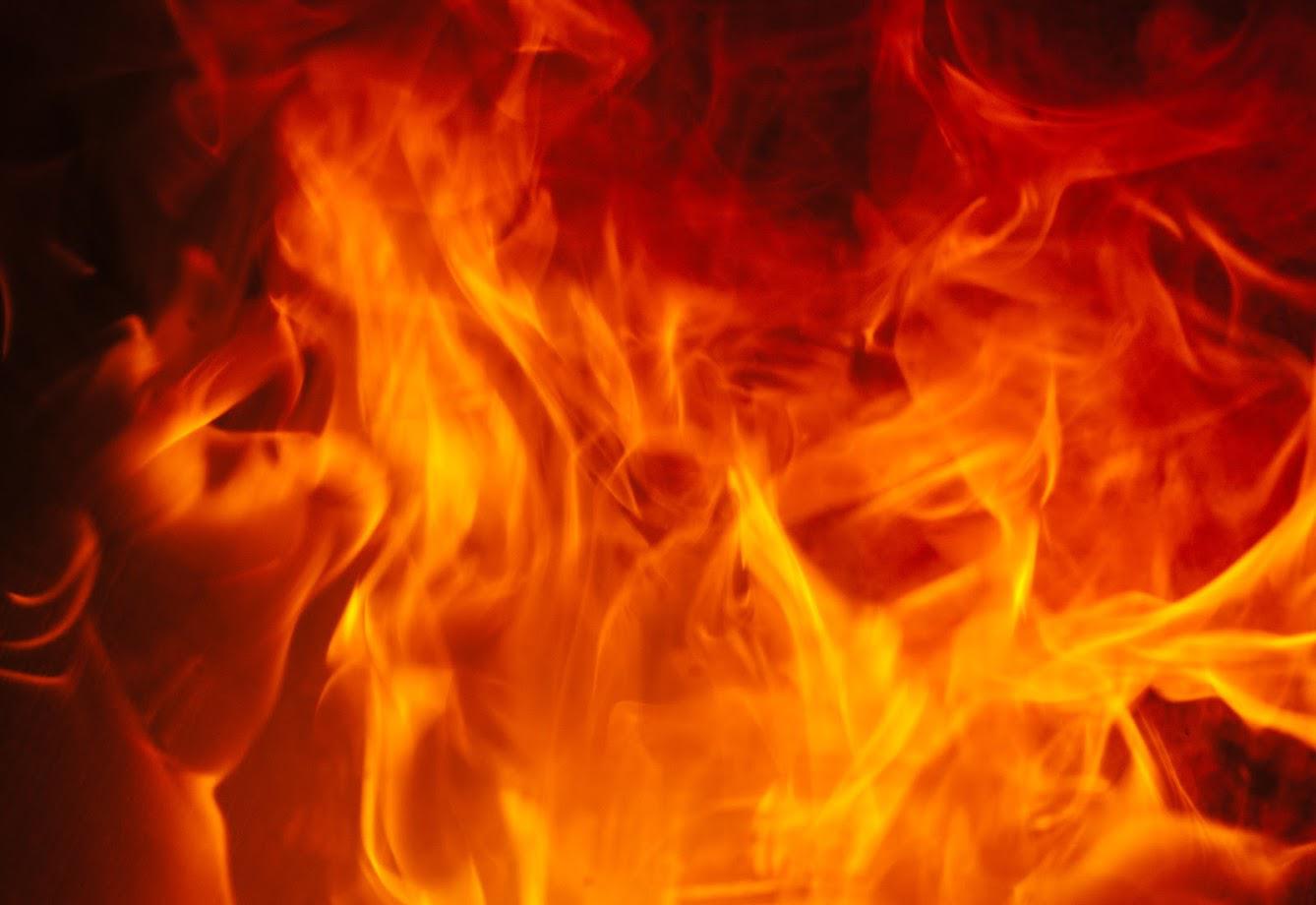5 Dangers of Moisture in Your Business
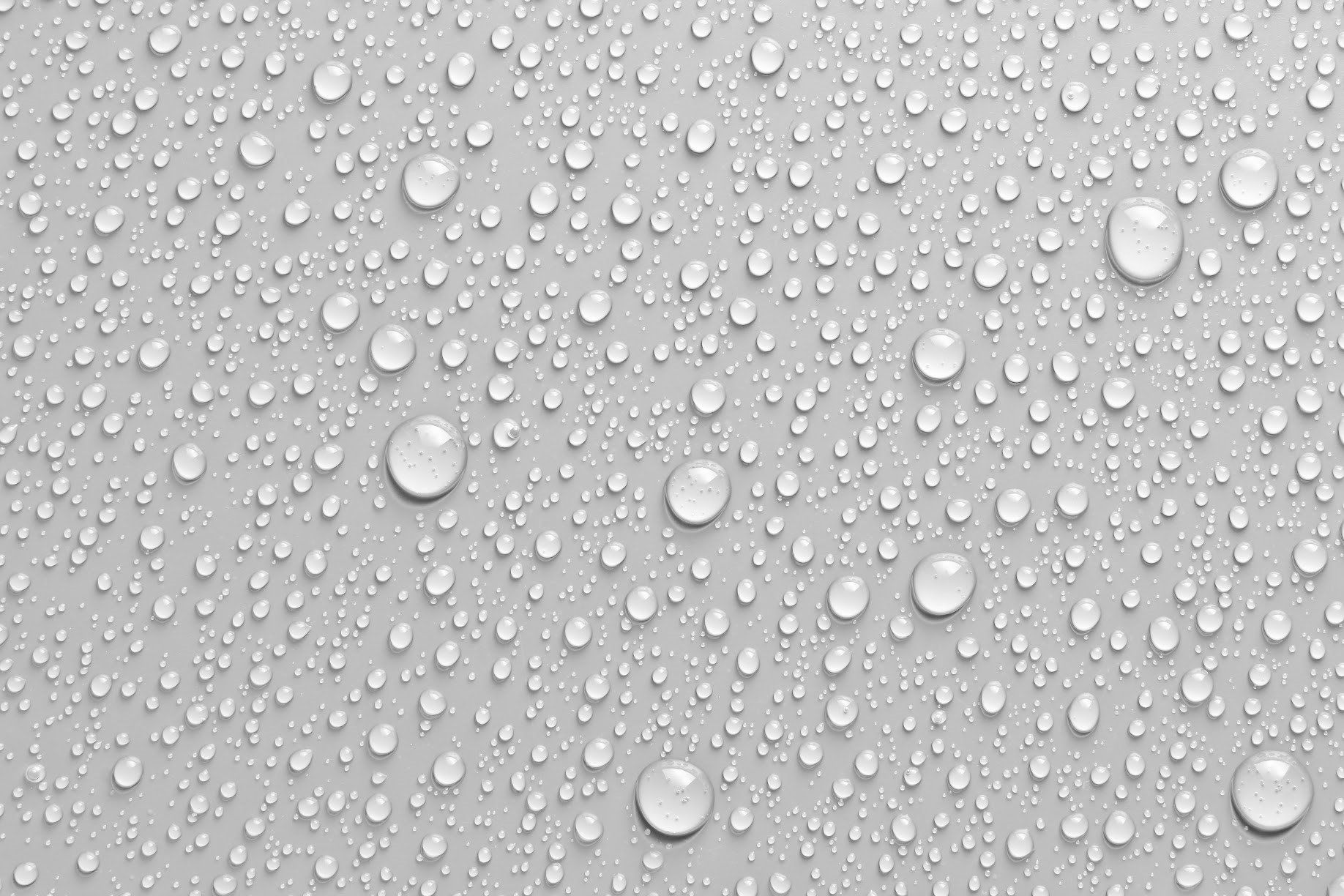
Water damage from leaking pipes and floods cause a lot of damage to every part of your building. Allowing moisture to remain in the building leads to even more complications, including health problems and expensive repairs. If you would like to know more about the dangers of moisture inside your business, keep reading.
1. Mold and Mildew
Mold and mildew are fungi, and mildew is basically a mild mold. Both need four conditions to grow: air, water, food and a comfortable temperature ( 41 to 104 degrees Fahrenheit). Mildew often has an unpleasant odor and looks greyish and powdery.
Other forms of mold are more invasive. They may have a strong, musty odor, and a lot of mold looks fuzzy. Mold can look red, black, brown or green. Mold spores may cause breathing complications, skin itching, eye itching, etc., and toxic black mold can cause more serious long-term complications.
2. Indoor Air Pollutants
Thanks to humidity in the air, air pollutants are also more prevalent in a business with too much moisture. The irritants stick to these moisture particles, staying in the air for longer periods of time. This can impact employees with allergies or breathing complications, making them call in sick more often.
Common air pollutants include pollen, pet dander, carbon monoxide, radon, secondhand smoke, volatile organic compounds, and asbestos. You can reduce some of these naturally, such as secondhand smoke, but many are going to get into the air whether you like it or not.
3. Rot and Decay
Water may be necessary for life, but it is also destructive, especially when exposed to porous materials like wood and carpet. Wood, in particular, is susceptible to moisture because it expands when exposed to water. This can cause flooring and furniture to crack or become stuck. Drywall exposed to moisture may also become soft or brittle.
Moisture under carpets can even cause the carpet to start rotting, regardless of the material. If left exposed, the carpet develops dry rot, which causes it to become stiff, and when bent or rolled, the underside of the carpet may crack. For this reason, you must dry any moist rugs or carpets ASAP.
4. Pest Invasion
Mold isn't the only thing that likes water; pests do too. Specific pests that are attracted to moisture include cockroaches, silverfish, centipedes, and earwigs. Cockroaches, in particular, can be problematic because they may spread disease. All pests leave behind waste, which may also cause irritation if it gets into your breathing air.
If you also have wood rot from too much moisture, it can further attract pests like termites. Termites burrow into wood, and rotting wood is easy to dig into. Plus, the rot lets the pests know there is also water present.
5. Heat Exhaustion
Finally, too much moisture can actually cause you or your employees to overheat. Normally, when you get hot, your body sweats. When the sweat evaporates, it cools you. If there is too much moisture in the air, however, the sweat doesn't dry fast enough. Therefore, the sweat and moisture stays on your skin for a longer period of time, which makes you hotter.
In fact, if it is 96 degrees Fahrenheit outside with a humidity level of 65 percent. Your body actually feels like it is closer to 121 degrees Fahrenheit. If you do get too hot because of humidity, you may experience dehydration, fatigue, muscle cramps, and fainting.
Flood damage can be detrimental, but even a little water can lead to expensive complications. Don't let moisture destroy your business and affect the health of you and your employees. If you need help after a flood or with too much moisture in your home, contact us at C and Z Construction today.Browse Our Website
Contact Information
Email: info@czconstruction.net
Address: 4825 Derry St, Harrisburg PA 17111PAHIC#000204PA Attorney General: 1-800-441-2555
Our Location
Contact Information
Email: info@czconstruction.net
Address: 4825 Derry St, Harrisburg PA 17111PAHIC#000204PA Attorney General: 1-800-441-2555
